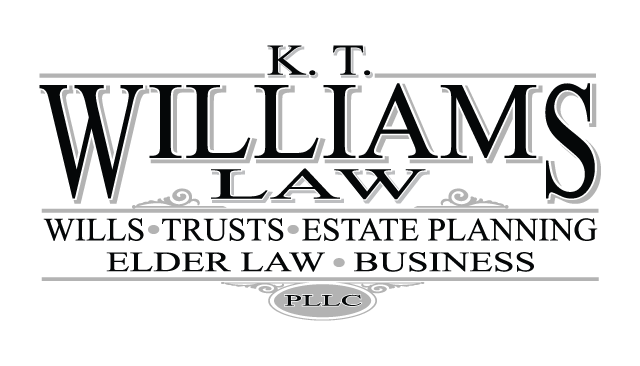Being Thankful!
The Business of Being Thankful
The Holiday season provides many of us with an opportunity to pause from work and spend time with our families and friends. Even if we don’t get as much time as we would like to relax or to spend time with others, hopefully we use it to reflect upon how much we value those people in our lives, even if they make us a little bit sideways sometimes.
In my work on estate planning and estate administration, I see a vast range of family dynamics. Some of them are unfortunate while others are just the opposite, filled with compassion, patience, and gratitude toward one another. As I reflect on all the things I’ve heard over the years, it seems one of the most common missing ingredients in the less unified families is “Thanksgiving.”
Thanksgiving Is An Attitude.
Thanksgiving is not just a holiday where we stuff ourselves. It’s an attitude that we can choose to have all year long. Some call it gratitude. We can practice gratitude, much like we might practice for a sport or for a part in a play or much like we might prepare for an important interview. Start small and think big picture. Approach the Thanksgiving table and each day with a fresh perspective, a fresh attitude.
Thanksgiving Is An Action.
Thanksgiving is also an action. While gratitude and thanksgiving may seem like they are purely emotional, our attitude is only one piece of the puzzle. Thanksgiving requires action, too. Perhaps, it’s a smile. Or a wave across the street or to a friend in a passing car. Maybe it’s a sincere sounding greeting of “hello” or “how are you doing” followed by taking time to listen for a response. Thanksgiving is an action, and it is infectious.
Putting The Attitude and The Action Together.
We must combine both our attitude and actions of thanksgiving to complete the thanksgiving puzzle. That’s when we find ourselves in the business of thanksgiving.
What are the things you are thankful for? If you have friends and family for whom you are thankful, tell them. Look for small things each day for which you can be thankful. Did someone graciously let you into traffic? Is the café near your office serving your favorite soup today? Did you get a great deal on something you wanted to purchase? Has it turned out to be an unexpectedly great hair day? Did the price of gas drop before you had to fill up? Each day we experience things for which we can be thankful. We just need to take the time and be intentional about doing it.
I Am Thankful!
I am thankful for my family. I am thankful for the opportunity to get to do something I love every day. I am grateful for each and every client I get to meet and serve. I am thankful for the wonderful staff in my office that assists me in serving our clients.
I cannot express enough gratitude to the friends and colleagues who refer us to others and who help spread the word about how my staff and I can help. I am thankful for the community that I call home. I am also thankful for the many surrounding communities that I serve. And I’m thankful that technology allows me to serve clients from all over our great state of Kentucky.
As I think about the things for which I am grateful (and the list could go on), I am hopeful that I show my thankfulness each day. And as you consider the things for which you are grateful, I hope you feel blessed and thankful, too!
